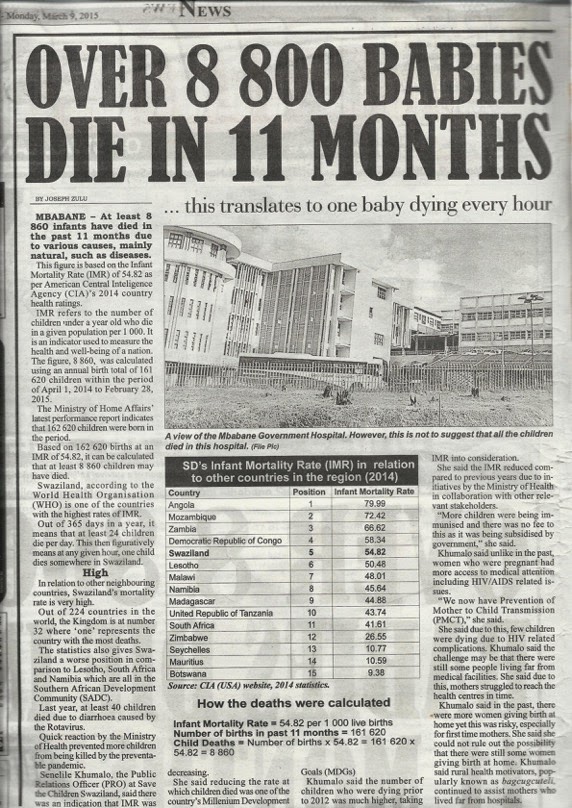This past week Ian and I have been guests of the Egg Farmers
of Canada in Ottawa, Canada. While
we are told that it is “spring” here, the -15C (33 F) weather, snow on the
ground and grey skies seem to contradict that belief.
The purpose of this part of our trip was to be here for the
official launch of the partnership between Heart for Africa and the Egg Farmers
of Canada. This included media interviews and many meetings on Parliament Hill
with Members of Parliament who may (or may not) be interested in what we are
doing in Swaziland.
We were completely out of our “comfort zone” and on days
where it was a 122F (50C) difference in temperature between Ottawa and
Swaziland, our hearts were warmed by the friendly welcome that we received by
every one we met.
Thursday was a particularly interesting day as we were
invited to speak at the Standing Committee on Foreign and International
Development. We were considered
“witnesses” and were brought in before the committee as “experts” on what is
happening on the ground in Swaziland.
We met with the Chairman and a Member of this Committee on
Wednesday and they were interested enough in what we were doing in Swaziland
that they extended our time on Thursday from 60 minutes to 90 minutes.
It was a fascinating experience and we started by reading a
7 minute written introduction that we had to submit the week before so that it
could be translated in to French (all things in Canadian government are in both
French and English). From there,
the committee members had a “first round” of questions, which gave each Member
of Parliament 7-minutes to ask us questions and for us to answer them. Once the
first round of questions was finished, then the second round was made up of 5-minute
time slots of questions and answers.
All dialogue was either in English and interpreted into
French or in French and interpreted into English. When questions were asked in French, we put an earpiece in
our ears and listened to the interpreted question. When we answered in English
the interpreter changed it back in to French for the MP. It was an exhausting, but interesting
experience, and we sincerely hope that the Canadian government will be able to
come alongside Heart for Africa and assist us in the future.
For those Canadians reading this, we will be on Breakfast
Television on Monday, March 30th at 6:20 AM. CTV Ottawa is doing a feature on us
that will air on the evening news on Thursday, April 2nd at 6:25 PM.
We are enjoying this time at “home” where the Tim Horton’s
coffee is hot, the air outside is cold, much of the conversation around us is
not in English (or siSwati) and the people are friendly and supportive.
Thank you again Tim Lambert, Peter Clarke and the Egg
Farmers of Canada for your love and support. We are proudly Canadian.
Live from our Nation’s Capitol … we are flying to Toronto.
Janine









